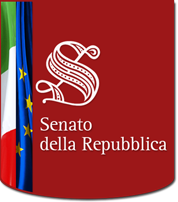Assessment and the Civil Service

Evaluation in public administration: five logical approaches*
The term evaluation has a multifaceted and wide-ranging meaning, which changes depending on different contexts and situations: this sometimes leads to difficulties in communicating and in reciprocal comprehension between insiders themselves. This heterogeneity of meanings is also fuelled by the multidisciplinary nature of this professional practice, where subjects with very different disciplinary and cultural backgrounds coexist: sociologists, economists, statisticians, political analysts, psychologists, businessmen and town planners.
In public service, evaluation meets five types of concrete and specific fact-finding goals, which in practice can blend and get mixed up. Yet it is important to address them separately. Evaluation can therefore be a tool to:
(i) allocate resources by identifying the most worthy recipients;
(ii) monitor performances within organisations;
(iii) account for the accomplishments of a public action;
(iv) critically analyse the implementation of a project or of a public policy;
(v) measure the effects generated by a public policy.
Let's zero-in on each one of these fact-finding goals, highlighting their essential features and briefly outlining the analytical instruments the evaluator may resort to in order to put them to good use.
*by Barbara Romano and Alberto Martini
Barbara Romano is Professor of Evaluation of Public Policies at the university of Torino
Alberto Martini is Adjunct Professor of Economic Statistics at the Faculty of Political Science at the Piemonte Orientale University






